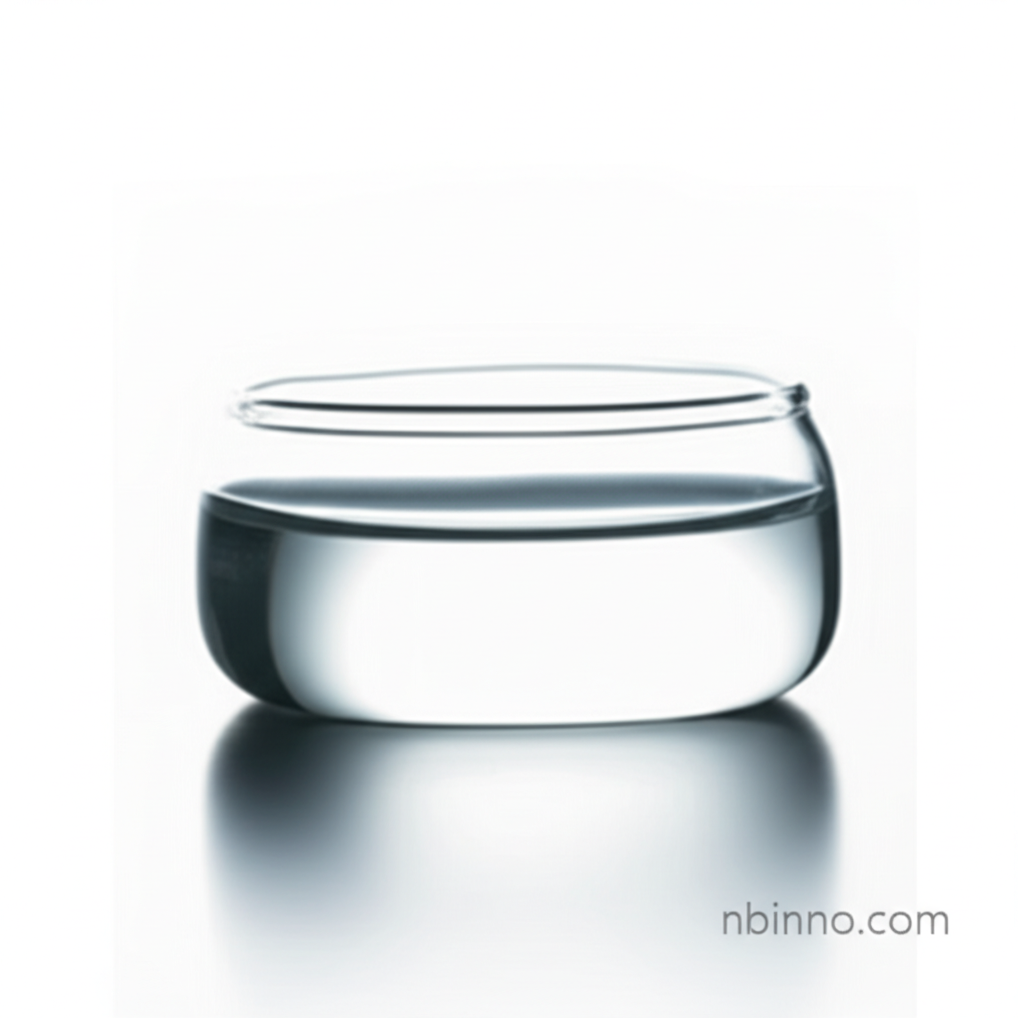Diacetin: A Crucial Component in Advanced Chemical Applications
Exploring the versatility and essential role of Diacetin in electronics, pharmaceuticals, and beyond.
Get a Quote & SampleProduct Core Value

Diacetin
Diacetin, identified by CAS number 25395-31-7, stands out as a critical chemical compound with extensive applications across various industries. Its primary value lies in its dual functionality as both a plasticizer and a solvent, making it indispensable in sophisticated manufacturing processes, particularly within the electronic chemicals sector. Its properties contribute significantly to the performance and formulation of advanced materials.
- Discover the key uses of Diacetin as a plasticizer, enhancing the flexibility and workability of various polymers in industrial applications.
- Learn about the essential role of Diacetin as a solvent, facilitating the dissolution of resins, camphor, and cellulose derivatives, crucial for many chemical syntheses.
- Explore how Diacetin, as a glycerol diacetate, serves as a vital component in the development of photoresist chemicals, a cornerstone of modern electronics manufacturing.
- Understand the benefits of using Diacetin in pharmaceutical formulations, acting as a safe and effective solvent for active ingredients.
Product Advantages
Enhanced Material Flexibility
As a highly effective plasticizer, Diacetin significantly improves the flexibility and processability of plastics, a key advantage when dealing with sensitive electronic components.
Superior Solvent Properties
The excellent solvent capabilities of Diacetin make it ideal for dissolving a range of substances, including resins and specific organic compounds, contributing to efficient chemical syntheses.
Versatile Industry Applications
From its use in photoresist chemicals for the electronics industry to its roles in food, pharmaceuticals, and cosmetics, Diacetin offers broad applicability, simplifying supply chains for diverse needs.
Key Applications
Electronics Manufacturing
Diacetin is a critical solvent and plasticizer in the formulation of photoresist chemicals, essential for the precise patterning of microelectronic components.
Pharmaceutical Formulations
Its properties as a safe and effective solvent make Diacetin valuable in developing various pharmaceutical preparations and delivering active pharmaceutical ingredients.
Food Industry
Diacetin functions as an emulsifier and solvent, aiding in the stabilization of oil-water mixtures and the dissolution of flavorings and colorings in food products.
Cosmetics and Personal Care
In cosmetic formulations, Diacetin acts as an emollient and solvent, contributing to skin softening and facilitating the blending of various cosmetic ingredients.
